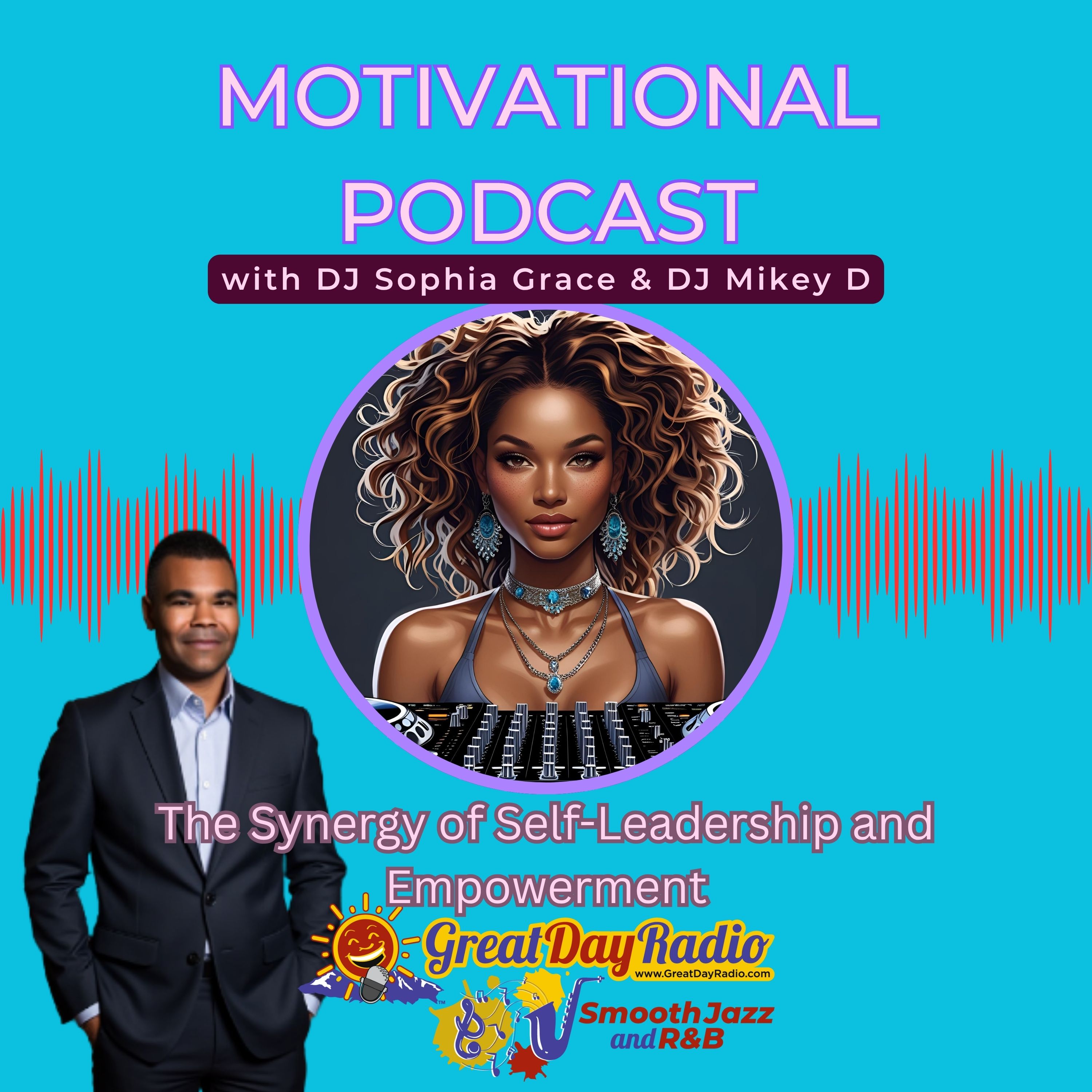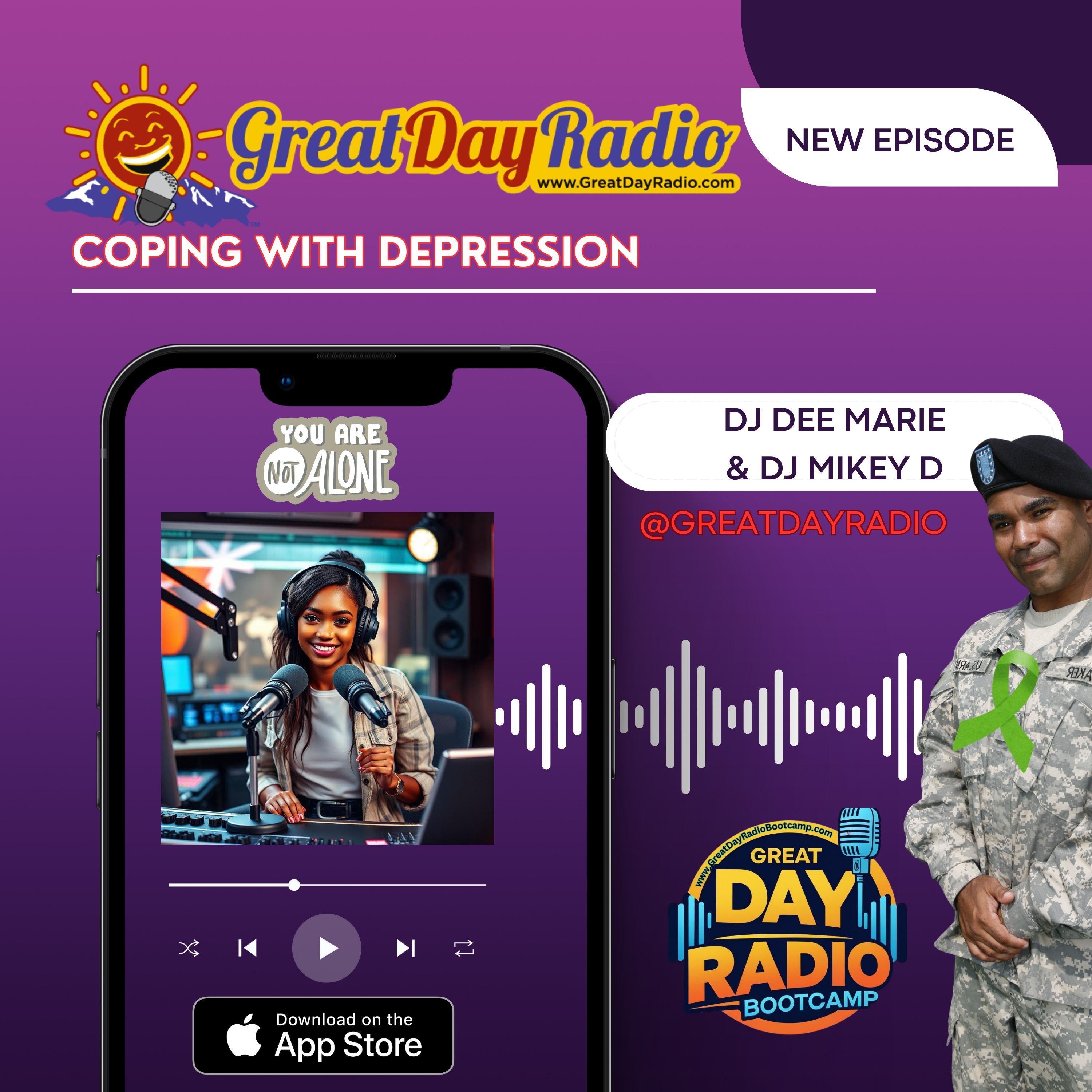
The Synergy of Self-Leadership and Empowerment
Research shows 87% of successful organizations have flipped traditional leadership on its head. Discover how self-leadership principles create 34% higher engagement and 28% more innovation. What leadership approach are you using in your organization? #LeadershipEvolution
The Self-Leadership Revolution: Transforming Organizations Through Empowerment
The concept of leadership has undergone a profound transformation in recent decades. What once centered on wielding power over others has evolved into something dramatically different. As DJ Sophia Grace and DJ Mikey D explored in their recent podcast episode, research indicates that an astonishing 87% of today's most successful organizations have completely flipped the traditional leadership model, focusing instead on self-leadership and empowerment. This shift represents nothing short of a revolutionary change in organizational dynamics and management philosophy.
Self-leadership, as defined by researchers Neck and Houghton, encompasses three fundamental strategies that form the foundation of effective leadership: behavior-focused strategies for self-assessment, natural reward strategies for motivation, and constructive thought pattern strategies that reshape cognitive processes. This comprehensive approach stands in stark contrast to the command-and-control leadership style that dominated corporate environments for generations. The difference is particularly notable across cultures, as DJ Sophia Grace observed from her perspective in London, illustrating that this leadership evolution transcends geographical boundaries.
The impact of implementing self-leadership principles is substantiated by impressive metrics. Organizations adopting these approaches experience a 34% increase in employee engagement and a 28% boost in innovation. These aren't just abstract concepts—they translate to tangible business outcomes. Microsoft serves as a compelling case study, having implemented "empowerment zones" where employees enjoyed complete autonomy in decision-making regarding work processes. This initiative resulted in a remarkable 40% increase in project completion rates, demonstrating the practical efficacy of self-leadership principles in high-performance environments.
Zimmerman's research further enhances our understanding by identifying four dimensions of empowerment: material, cognitive, relational, and intrapersonal. His studies revealed that when organizations actively support all four dimensions, employee satisfaction increases by up to 45%. This creates a positive feedback loop within organizations, as noted by Manns and Sims, who discovered that self-leadership skills can be developed through specific empowerment practices. This creates what they termed a "virtuous cycle of growth," with organizations implementing these practices experiencing a 52% reduction in turnover rates—a metric that directly impacts the bottom line.
For companies looking to support self-leadership development, data points to three key strategies with measurable impact. First, structured training programs incorporating self-assessment tools typically improve leadership effectiveness by 37%. Second, creating psychological safety correlates with 41% more innovation in companies with high psychological safety scores. Third, establishing peer collaboration networks can boost problem-solving efficiency by 28%. These approaches don't merely enhance organizational performance—they extend beyond professional settings. Studies indicate that individuals applying self-leadership principles in their personal lives report 43% higher life satisfaction scores and are 31% more likely to achieve personal goals.
Despite these compelling benefits, developing self-leadership skills presents significant challenges. Research identifies three primary obstacles: consistency (67% of people struggle to maintain these practices under stress), isolation (42% of individuals attempt to develop these skills without proper support systems), and the implementation gap (73% of people understand the concepts but struggle to apply them effectively). The most successful approach to overcoming these challenges is what DJ Mikey D called the "AAA framework": Awareness through regular self-assessment, Accountability through support systems, and Action through small, consistent steps. Organizations implementing this framework see a 58% higher success rate in leadership development programs.
Looking ahead, the trajectory of self-leadership appears promising. Experts predict that by 2030, 80% of successful organizations will have integrated self-leadership principles into their core operations. This forecast underscores the paradigm shift occurring in leadership philosophy—a movement away from hierarchical control toward empowerment, self-direction, and distributed responsibility. As DJ Mikey D aptly summarized, "When we understand that leadership starts with leading ourselves, we unlock potential we never knew we had."
The future of leadership isn't about power—it's about empowerment. Organizations using self-leadership principles see 52% lower turnover and 41% more innovation. Learn the AAA framework that's revolutionizing how we lead ourselves and others. #SelfLeadership
Great Day Radio Sources:





